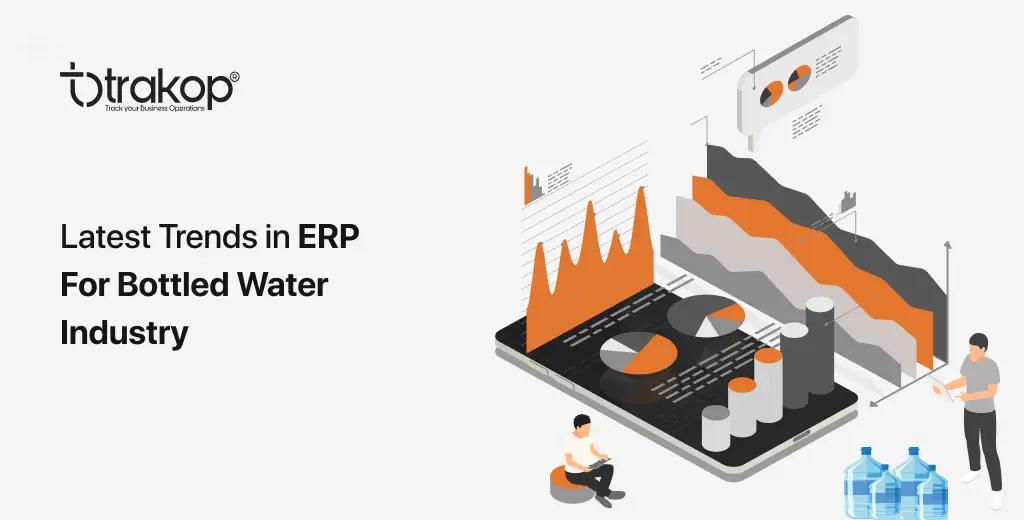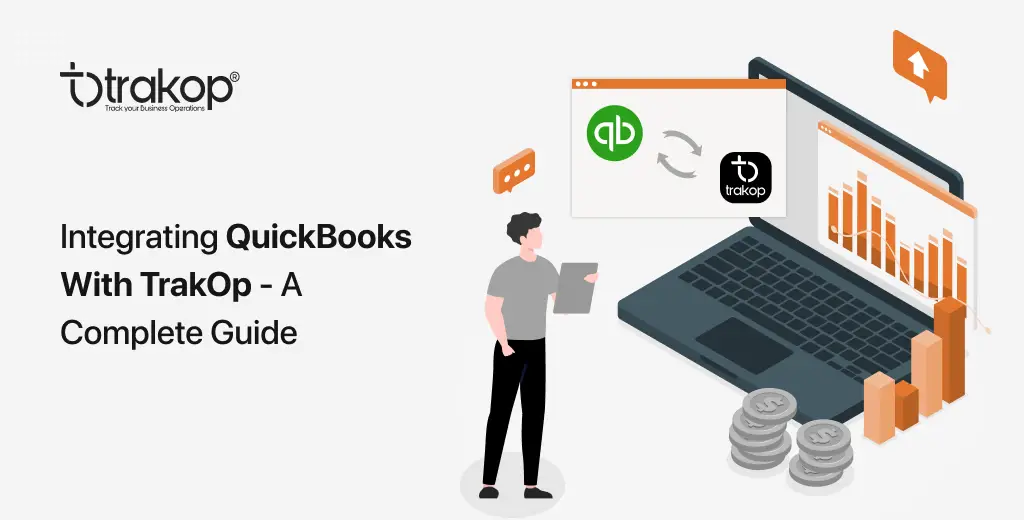Delivery Management Software – Features, Benefits and Mechanism

The emergence of technology has revolutionized the way businesses operate, with seamless and efficient delivery being paramount. Delivery management software is a cloud-based platform also known as DMS that allows businesses to track and manage their entire business from a single pane of glass.
This technology streamlines the entire delivery process, resulting in higher customer satisfaction and improved operational efficiency.
In this blog we’ll delve into the software and discuss;
- What are its features?
- What are the benefits of using this software?
- How does this software work?
- Terms used in delivery management software and metrics?
What is Delivery Management Software?
DMS is an online platform designed to facilitate delivery businesses by automating and optimising their order-to-fulfillment process. It gives companies the means to keep an eye on, organize, and enhance their delivery processes in real time, guaranteeing an effortless journey for both firms and clients.
The software automates processes:
- Ordering process
- Payment management
- Delivery management
- Inventory management
Key features of Delivery Management system
Order management – A system that enables businesses to effectively monitor and handle orders, centralised in one location.
Route-optimisation – Algorithms that work out the most economical delivery paths, cutting down on fuel expenditure and speeding up delivery times.
Real-time tracking – Real-time monitoring of shipments and delivery vehicles, providing customers with precise expectations of when their items will arrive.
Communication – Sending customers automated alerts and updates about their delivery status to keep them in the loop.
Driver management – Giving out deliveries to drivers, keeping track of where drivers are, and evaluating driver performance.
Proof of delivery – Obtaining digital signatures or images as evidence that delivery has been finished.
Analytics and reports – Gathering data on sales, payments, inventory and customers.
Inventory management – Integrating with inventory systems to guarantee there is sufficient stock and orders are fulfiled correctly.
Benefits of Delivery Management Software
Improved customer experience – Accurate monitoring and prompt notifications enhance visibility and customer contentment.
Operational efficiency – Improved routes and simplified procedures lower delivery expenses and improve productivity.
Mitigates errors – Automation reduces the likelihood of mistakes made by people in the handling and distribution of orders.
Real-time decisions – Having access to current data enables businesses to take speedy actions based on ever-shifting circumstances.
Auto-assign drivers – Automatically assign orders to the drivers to whom the particular route has been allotted.
Scalability – As the business expands, delivery operations can be increased in size without a loss of efficiency.
Insightful data – Analytics can be used to spot patterns, streamline paths, and boost general activities.
Mechanism of delivery software
Order initiation – The process begins with customers placing orders online.
Order Processing – The software receives and processes orders, assigning them to the drivers who serve on that route.
Route optimisation – Algorithms compute the most effective delivery paths, taking into account elements such as traffic, distance, and time frames.
Real-time tracking – Delivery vehicles are equipped with GPS, allowing customers and businesses to track their location in real time.
Communication – Customers are kept up-to-date about their order status, estimated arrival dates, and any potential hiccups with automated notifications.
e-Proof of delivery – Drivers capture proof of delivery through digital signatures, photos, or other methods.
Terminologies used in delivery management systems and metrics
Dashboard – Business owners can track and manage their business digitally which is why it is also known as a control panel.
Customer interface – Customers can place and manage their orders and track them digitally from the customer interface. It can be an Android or iOS application or a web app or a website.
Driver app – This app is created for delivery drivers. They can get all the order delivery details, delivery addresses, and other information needed.
API integrations – These are the integrations done in the system to enhance its functionality, like payment gateways, sms gateways, CRM, and AWS (server security).
Delivery hubs – These are the places where the delivery drivers come to pick up the order. DMS support multi-delivery hub management.
Delivery schedule – The schedule defines the delivery timetable that opens as a delivery window (consists of delivery date and time).
Delivery Route – A route is a delivery path in which multiple delivery is to be made.
Route planning – Creating the shortest route for making the deliveries.
Driver tracking – Track drivers while delivering the orders in real-time.
Empty bottle tracking – Tracking of empty water bottles or milk bottlesthat were given to the customers with the milk.
Common delivery Key Performance Indicators (KPIs) used to measure the success of the deliveries
Number of deliveries – These are the total number of deliveries made per day.
On-time deliveries – The total number of deliveries that were delivered on time.
Order accuracy – The number of orders that were delivered on-time and accurately.
Order Accuracy = total orders – error orders / total orders * 100
Average number of stops – The number of stops a driver makes on each delivery that defines the efficiency of the driver.
Fuel costs – The average fuel consumption by the delivery vehicle.
Average delivery time – It defines how much time a delivery driver takes to deliver the order.
Delivery management software has revolutionized the way businesses manage their delivery processes. With a comprehensive set of features and benefits, it streamlines the delivery process, boosts customer satisfaction, and increases operational efficiency. As businesses strive to keep up with the demands of the modern logistics industry, delivery software is essential for their success in the ever-changing world of commerce.
Hope You Enjoyed the Read!

He loves to explore. His passion for helping delivery industries in all aspects flows through in the vision he has. In addition to providing smart solution to make delivery process flawless, Ravi also likes to write sometimes to make it easier for people from business industry looking for digital solutions.










